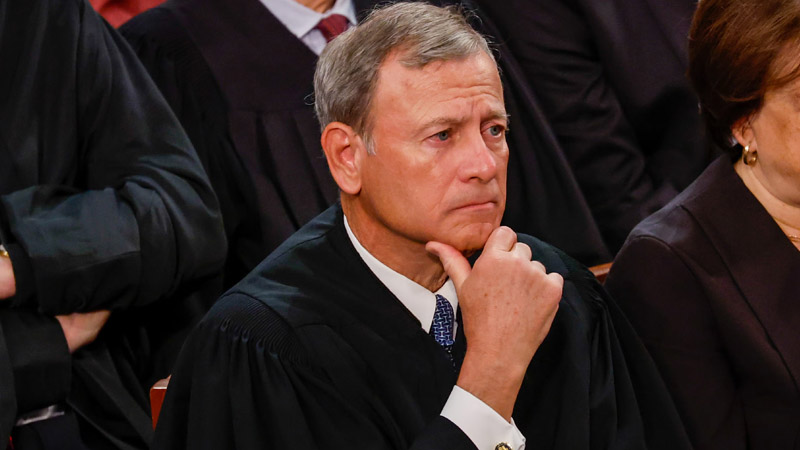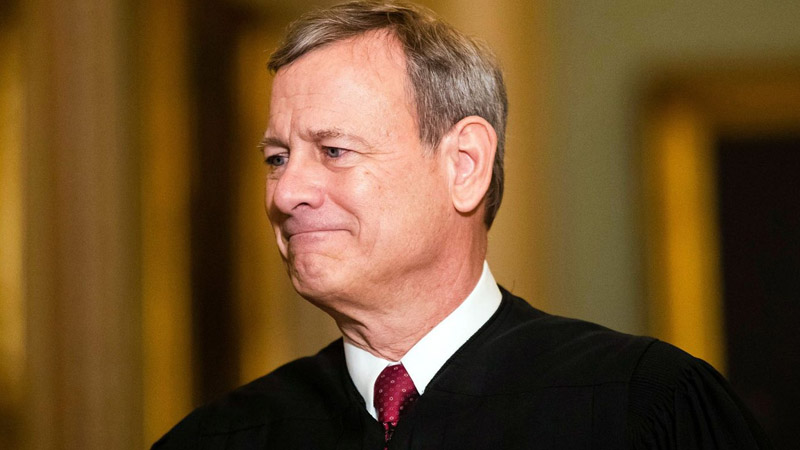Chief Justice John Roberts’ year-end report has sparked controversy, with legal analyst Chris Geidner accusing him of deflecting legitimate criticism of the Supreme Court while issuing a veiled warning to its detractors. Roberts’ report on Tuesday included a stern rebuke of what he called “dangerous” and “open disregard” for federal court rulings, as well as warnings about threats of violence and intimidation faced by judges.
However, Geidner, writing for Law Dork, criticized Roberts for using his annual report to condemn opposition to the court’s decisions without addressing the ethical controversies surrounding the justices themselves. “Chief Justice John Roberts decided to take on critics of the U.S. Supreme Court in his annual end-of-year report on Tuesday with a disingenuous half-response that is nonetheless instructive — and disturbing — for what he does say,” Geidner wrote.
Roberts’ merging of violence and legitimate criticism was particularly troubling, Geidner argued. “The end result is a chilling, if vague, condemnation by Roberts of the widespread opposition to the extremism exhibited by the high court in its decisions and the ethical failings of justices responsible for those decisions,” he wrote.

While Roberts emphasized the unacceptability of violence and intimidation against judges, Geidner contended that the chief justice used this concern to sidestep the root causes of public dissatisfaction with the court. “Roberts shifted the ground in a way that allowed him to tie everything to violence — all the while ignoring the court’s own role in creating the majority public disapproval that the court faces,” he noted.
Geidner accused Roberts of focusing on what he sees as illegitimate criticism, dismissing dissent from those who oppose the court’s recent rulings or raise ethical concerns about the justices. “The big takeaway from the report is that judges shouldn’t be expected to handle ‘too much’ criticism — and not in a way that Roberts doesn’t like,” Geidner said.
The report, according to Geidner, appears to draw an invisible line between acceptable and unacceptable criticism without providing clarity. “He will only vaguely tell us what that means, but if criticism crosses that invisible line, it is illegitimate,” Geidner concluded.
Roberts’ report highlights the growing tensions between the judiciary and public opinion, but critics argue it misses an opportunity to address the ethical concerns eroding trust in the Supreme Court.

